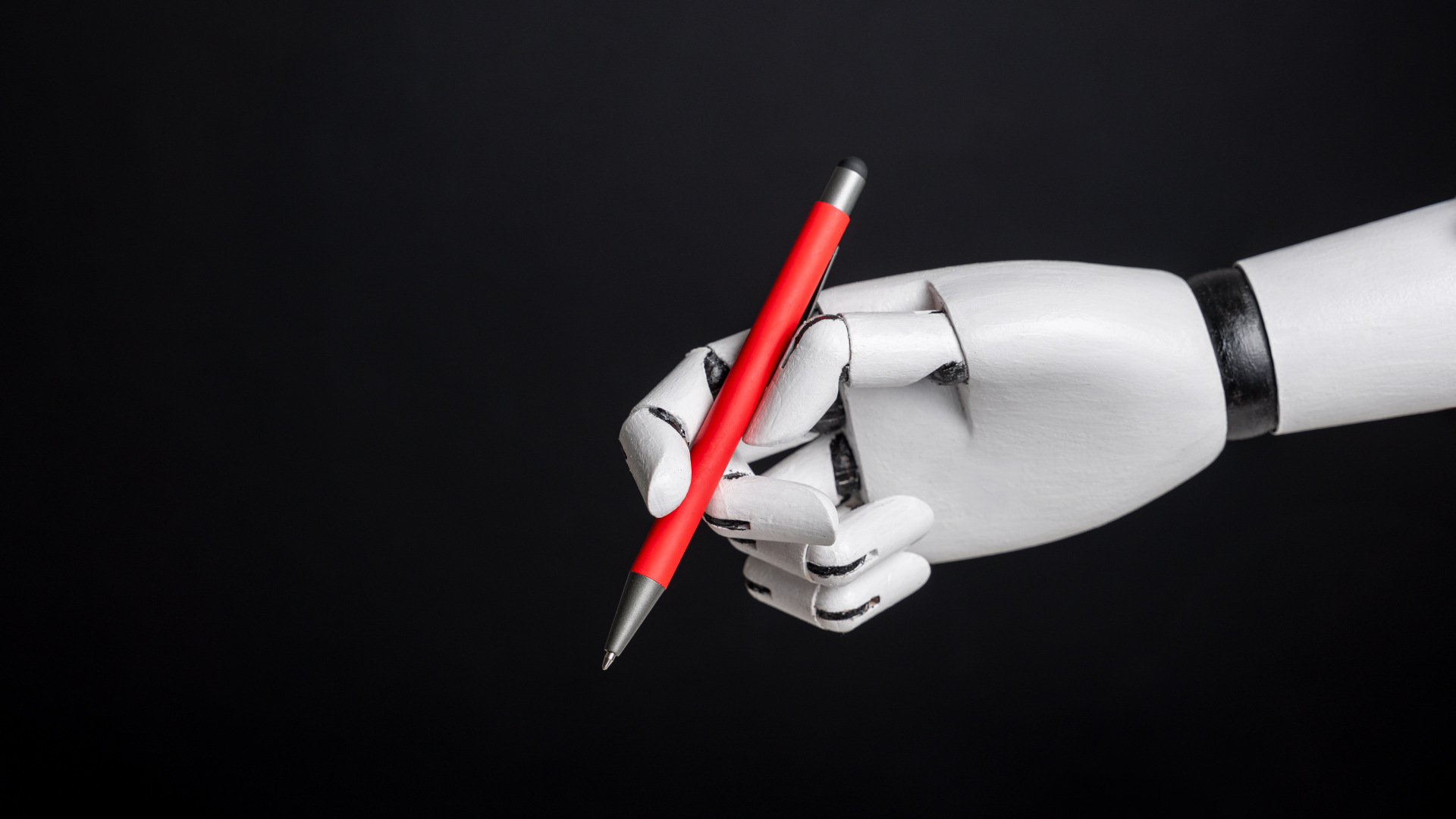
In recent research, many individuals express discomfort towards humanoid robots, favoring simpler, task-specific robotic helpers instead. The study led by Maya Cakmak, a robotics professor at the University of Washington, indicates that most study participants feel uneasy about humanoid robots. They prefer automation that retains an overtly non-human appearance.
Participants reported concerns that range from feelings of creepiness towards humanlike machines to safety fears, stating, “It has to be 100 percent safe because I cannot escape it.” One participant notably commented on the impracticality of humanoid designs in assisting with everyday tasks, suggesting they are as efficient as asking a human to drive autonomously.
Cakmak’s findings align with these apprehensions, noting that overall, people are less comfortable with humanoids in home environments. Despite advancements in robotics, many still view the industry’s humanoid push with skepticism, questioning whether the public’s discomfort will impact the future of humanoid robotics.
This research reflects a pivotal moment in the intersection of technology and human psychology, emphasizing the need for understanding consumer perceptions in the robotics field.
